Palestinian Leadership: What a New Model Might Look Like
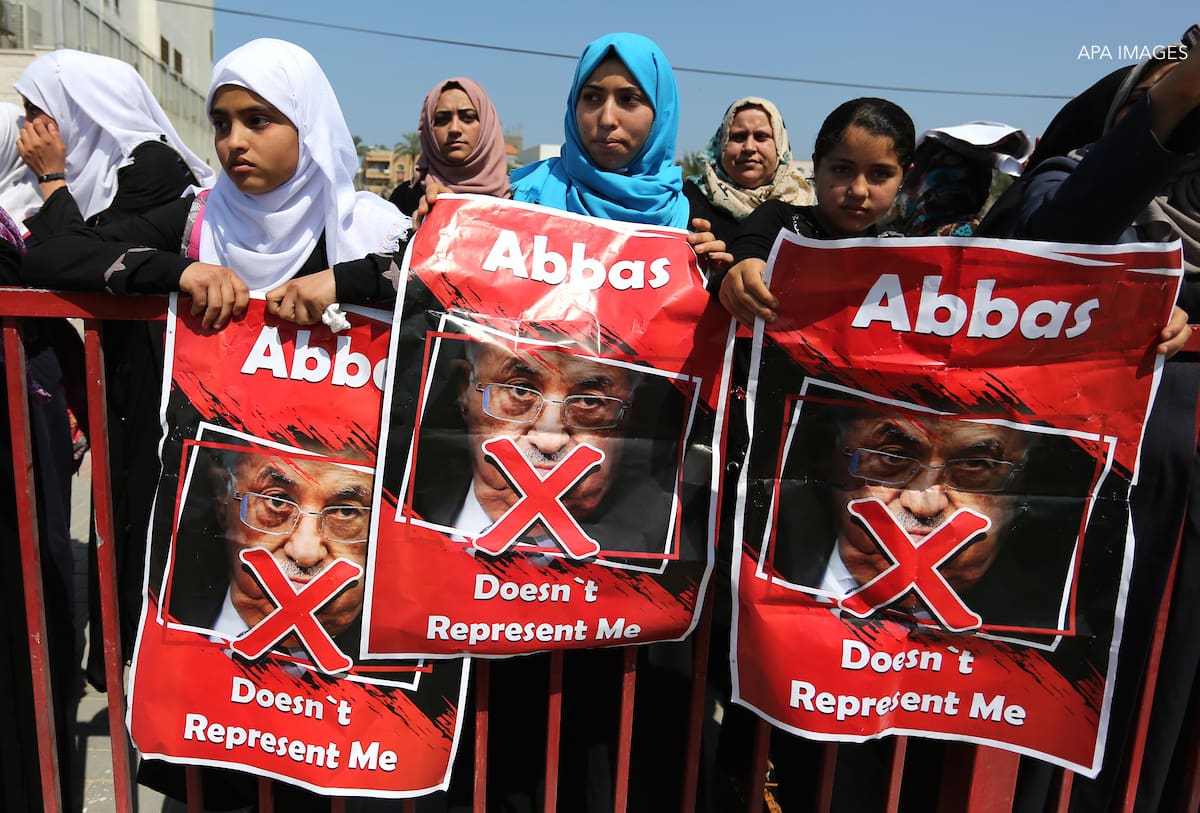
Two decades after the Oslo Accords, the Palestinian leadership has failed to bring about peace, justice, and self-determination to the Palestinian people. Indeed, failure of leadership has marked the Palestinian struggle for the past century and was marked during the British Mandate and the 1936-39 uprising. With the Palestine Liberation Organization (PLO) and the Palestinian […]
Upending the Palestinian Leadership: The Role of Youth
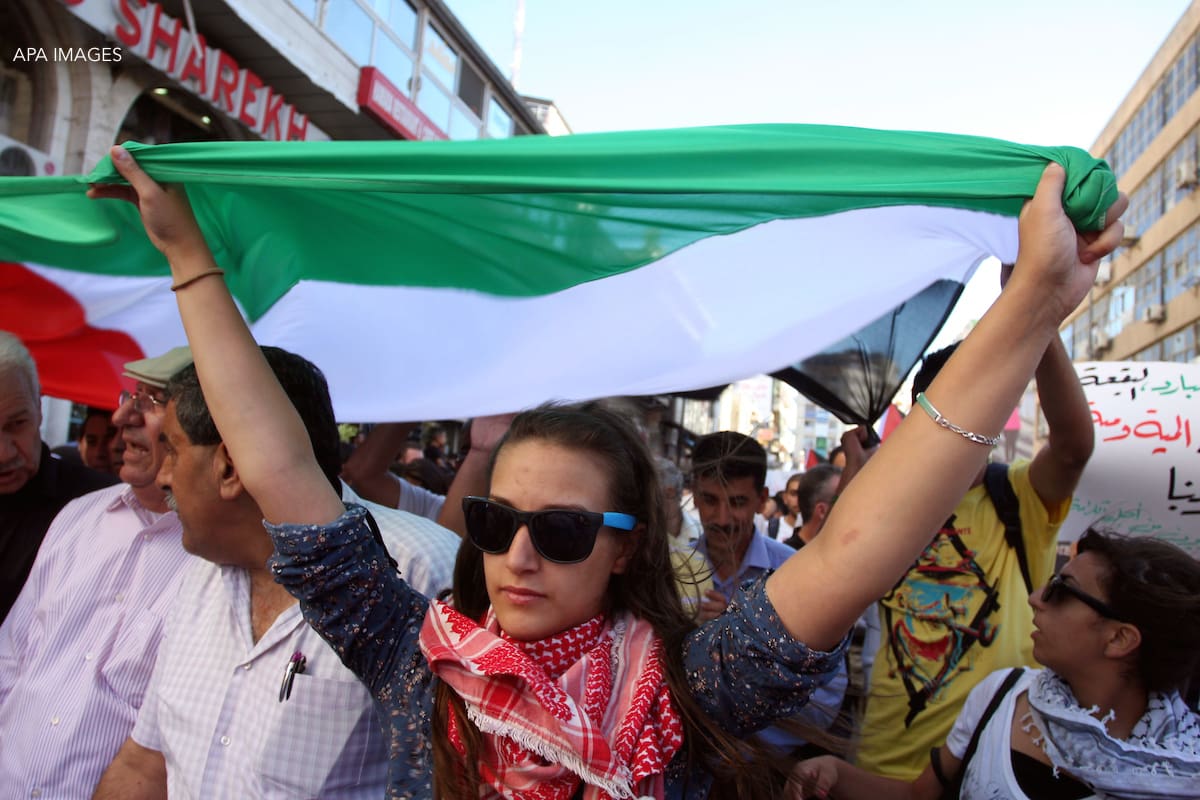
This analysis is part of the Al-Shabaka Policy Circle on Leadership and Accountability and is published alongside the contributions made by Dana El-Kurd, Marwa Fatafta, Inès Abdel Razek, Tareq Baconi, and Ali Abdel Wahab – to read their contributions see here. Instead of bringing an end to the occupation, the current Palestinian leadership and […]
The UN Database on Business in Israeli Settlements: Pitfalls and Opportunities
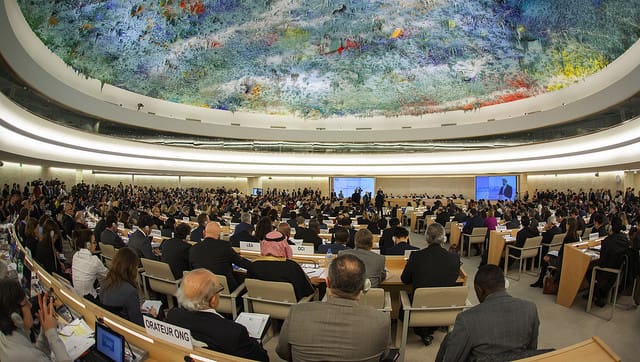
Israeli settlements violate international law, but so too do business dealings with them. Al-Shabaka Analyst Valentina Azarova examines the recent UN database of such businesses, arguing that it can protect states and their nationals and be applied to other country contexts. She also discusses how the UN, states, and Palestinians can counter claims that the database is a blacklist against Israel.
Apartheid: How Useful is the Framework for the Palestinian Struggle?

In our first Palestine Policy Lab session, Al-Shabaka analysts 24588 and Diana Buttu weigh in on the usefulness of the Apartheid framework in the Palestinian context.
70 Years of Nakba: Where Can Palestinians Go from Here?
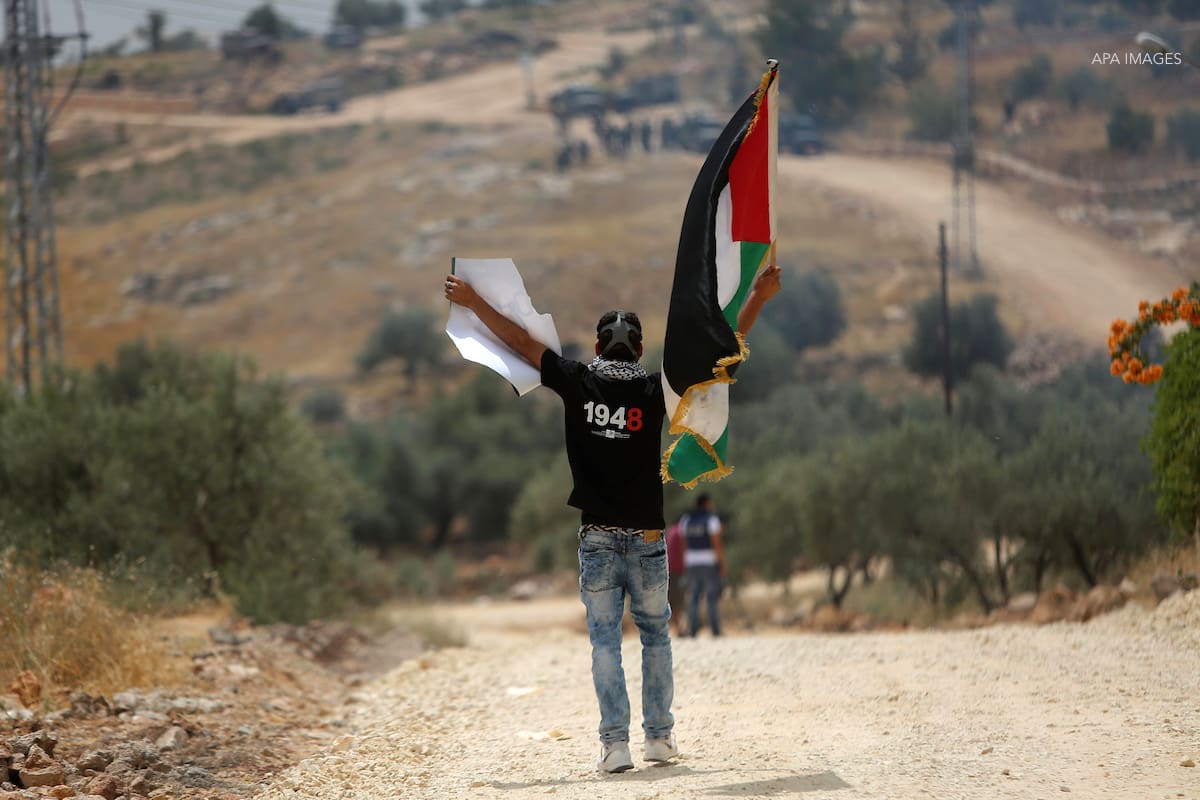
Palestinians have perhaps never been more in need of a forward-looking vision to shape their struggle. On the Nakba’s 70th anniversary, Al-Shabaka analysts propose visions they contend would resonate with the greatest number of Palestinians – whether one-staters or two, refugees, exiles, citizens of Israel, or those under occupation – and map ways to get from here to there.
Focus On: Gaza
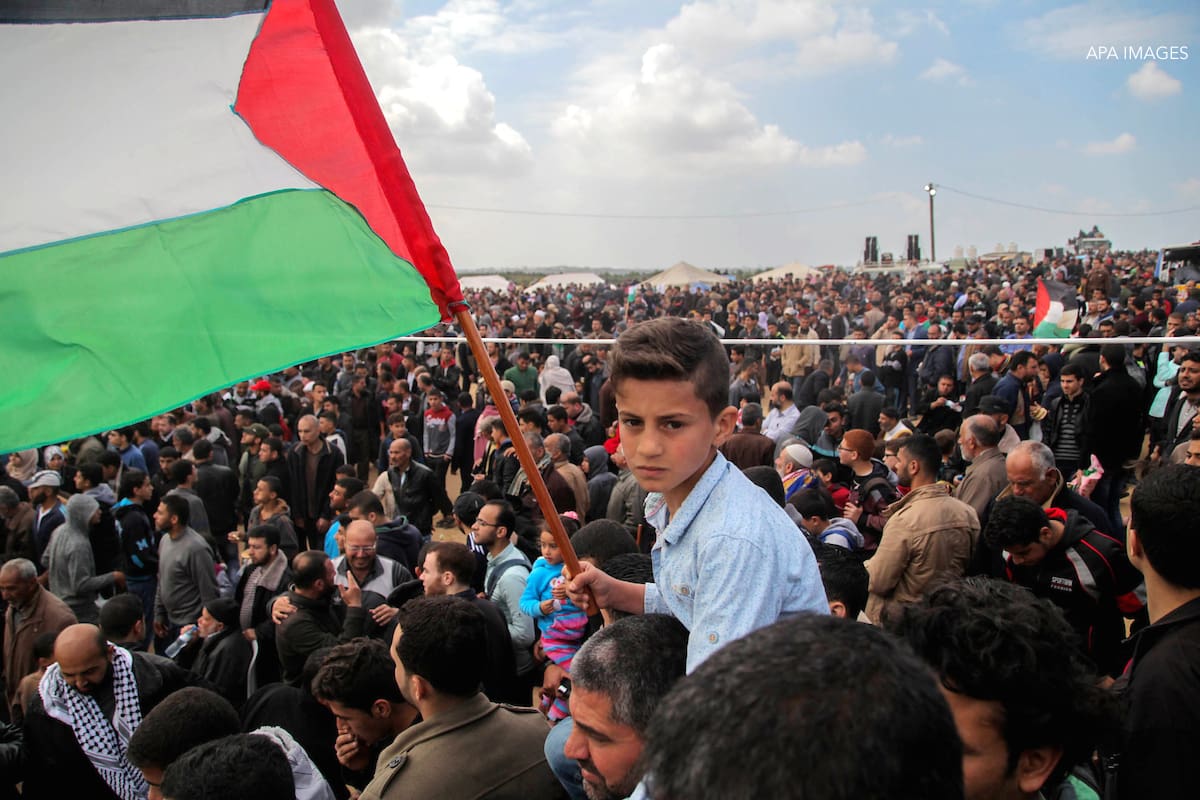
World attention has refocused on Gaza since the Palestinians imprisoned there for more than a decade began their peaceful “Great March of Return” on March 30. In this collection of publications, Al-Shabaka analysts review the conditions and developments of the past decade to address the most important political and economic issues informing the current situation.
Israel’s Relentless Land Grabs: How Palestinians Resist
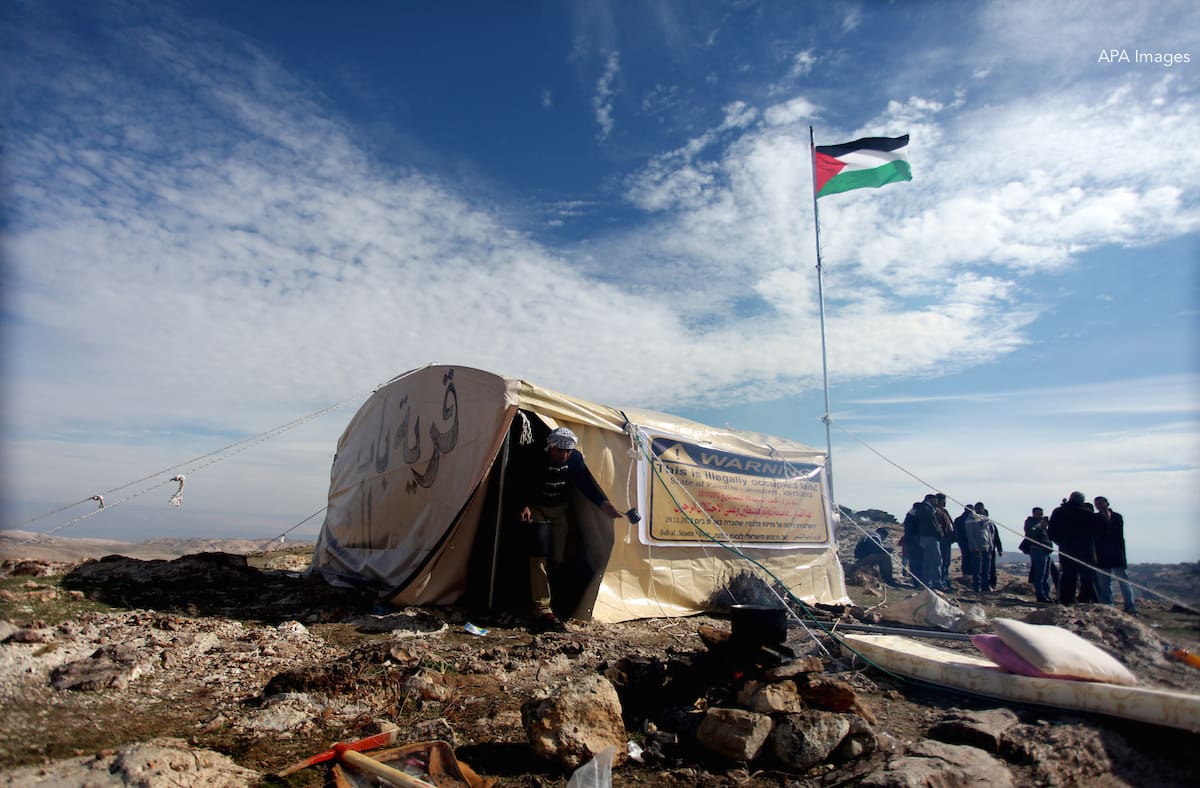
The “Great Return March” in Gaza is the latest chapter of Palestinian sacrifice and resistance to Israel’s expropriation of land and denial of the right of return. Al-Shabaka policy fellow 24588 reviews Israel’s relentless drive for land on both sides of the Green Line and the many forms of Palestinian resistance and sets out ways to bolster that resistance.
Israel’s Annexation Crusade in Jerusalem: The Role of Ma’ale Adumim and the E1 Corridor
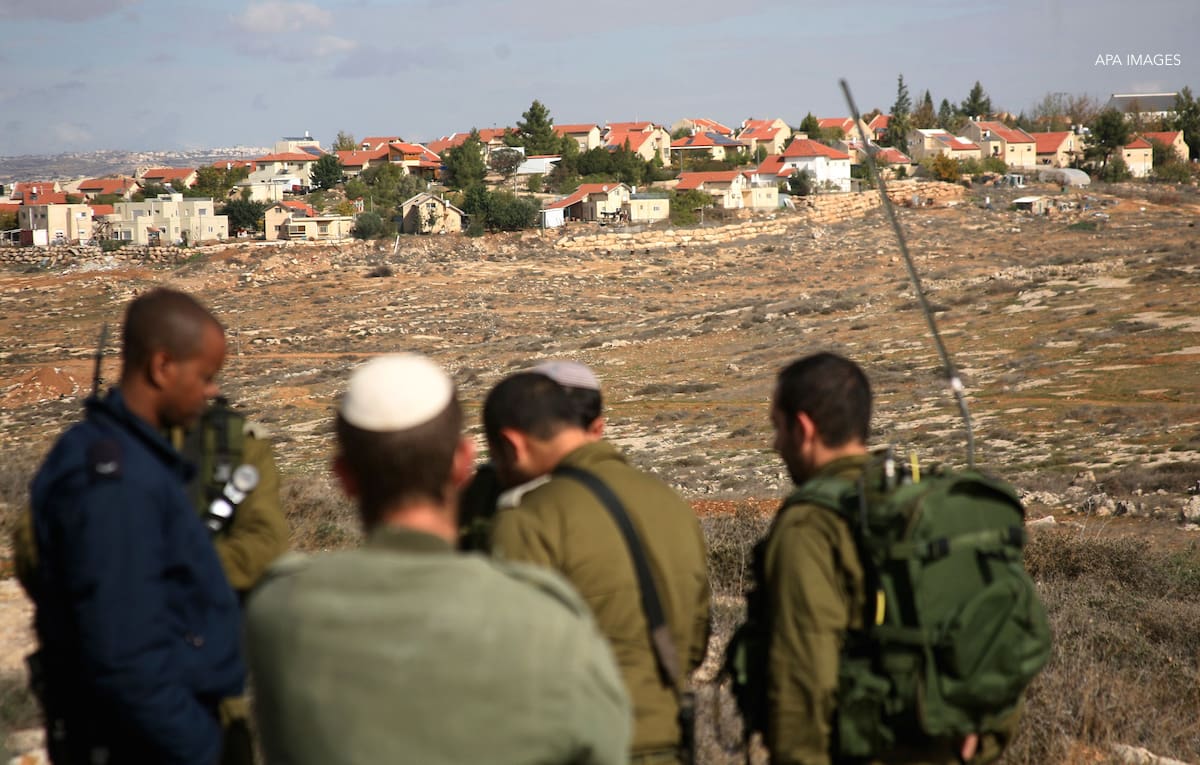
Buoyed by US President Donald Trump’s recognition of Jerusalem as its capital, Israel has intensified efforts to annex settlements and areas bordering the city, including Ma’ale Adumim and the E1 corridor. Al-Shabaka US Policy Fellow 24598 analyzes the implications of annexation and recommends ways the international community and Palestinians can work to block this disastrous outcome.
Abbas’s Craven Response to the US UNRWA Cuts
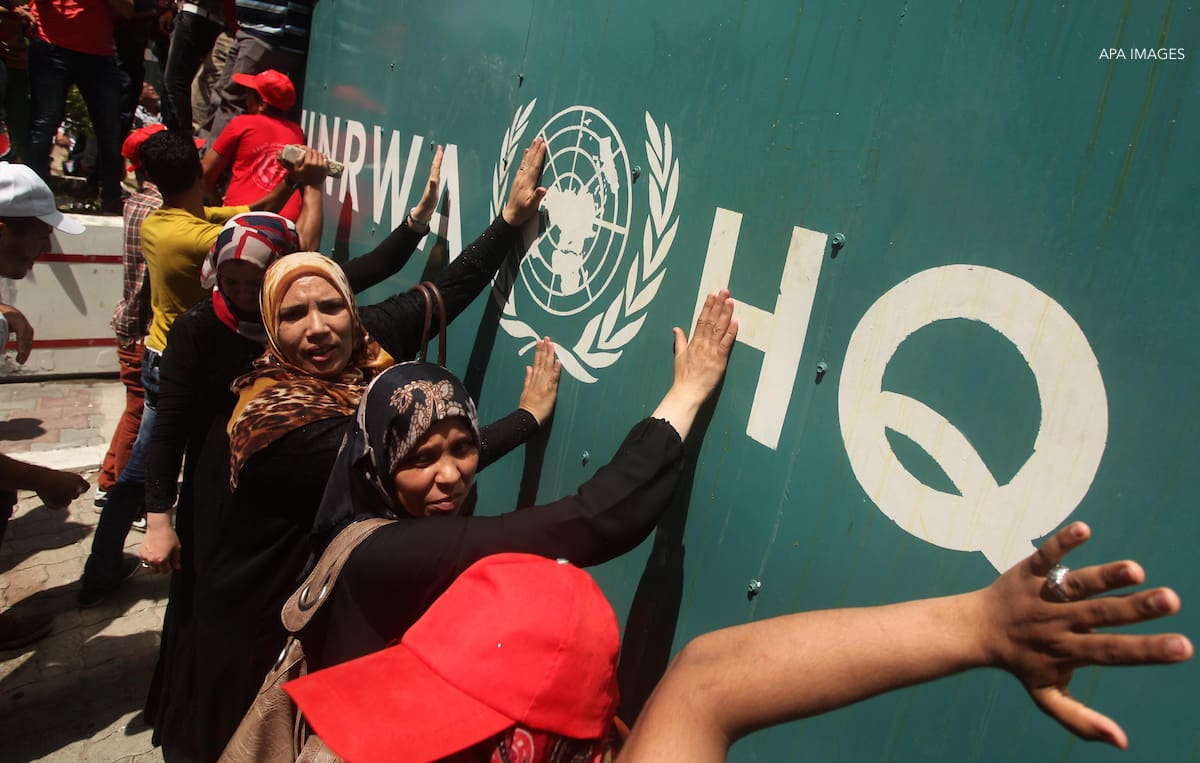
The US administration’s $65 million cut to UNRWA has placed the agency in jeopardy, prompting an international conference in Rome this week to help it meet its financial needs. Al-Shabaka Policy Analyst Randa Farah analyzes Palestinian Authority President Mahmoud Abbas’s response to the US move, and calls for Palestinian grassroots action in the face of the crisis.









